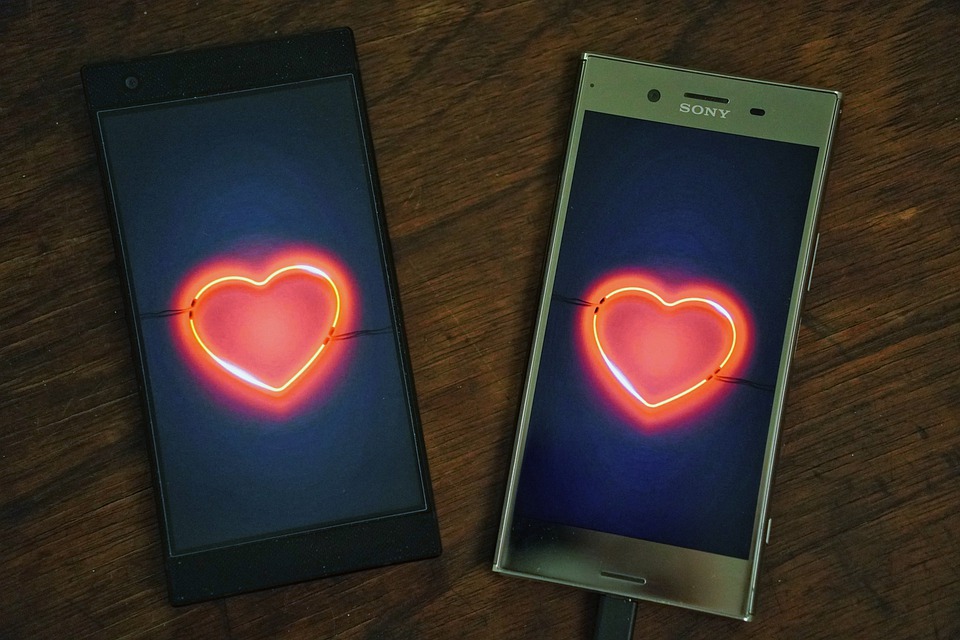by Will McIntosh
I love a good romantic comedy. Most of the films I tend to watch on repeat are things like When Harry Met Sally, Notting Hill, 500 Days of Summer, High Fidelity, Sleepless in Seattle, and a hidden gem titled The Giant Mechanical Man.
There are lots of films about love and dating out there, both comedic and serious. The pickings get slim, however, when you try to find a film about the future of love and romance. Not a science fiction film with love in it, one that’s about love. There are a few. Eternal Sunshine of the Spotless Mind, Solaris, Upside Down, The Time Traveler’s Wife, Code 46, and Her come to mind.
In the world of science fiction literature, the pickings are similarly slim. When Orbit Books asked me to expand my short story, “Bridesicle,” into a novel (resulting in Love Minus Eighty), they wanted me to turn it into an exploration of love and dating in the future. When I started digging into previous published SF to see how others had explored how dating and love will change in the future, there was less out there than I would have guessed. Don’t get me wrong, there’s always been plenty of love and romance in SF literature, but it’s often the B story in a novel about some other aspect of the future. SF deserves some credit in depicting who falls in love, with a not too terribly bad record in depicting biracial, same-sex, and polyamorous relationships, but even there, the norms of romance and dating are often (though not always) depicted as relatively changeless and universal.
They aren’t, though. In ancient times, love was sometimes considered a form of insanity. Arranged marriages used to be much more prevalent than they are today, especially in the Western world. When covering love and relationships in my college psychology classes, I have to keep in mind that my students’ experience of romantic relationships is different from my own college experience from just a few decades earlier.
The internet has played a big role in changing how people meet and fall in love. Among other things, it allows people to be far pickier about whom they spend time with, because the internet allows us to customize. Want a partner who loves Goth music, exploring abandoned buildings, doesn’t want children, is Methodist but not a churchgoer, and plays trombone? No problem (although you may have to be open to traveling).
“SF deserves some credit in depicting who falls in love, with a not too terribly bad record in depicting biracial, same-sex, and polyamorous relationships, but even there, the norms of romance and dating are often (though not always) depicted as relatively changeless and universal. They aren’t, though.”
Not sure who you’re looking for? Internet dating sites use algorithms to suggest potential partners based on your interactions with the site. Those algorithms are still in their infancy, but the dating websites’ data professionals are always seeking more precise matchmaking algorithms. In the future, those algorithms may become scarily accurate, because dating sites do a ton of research (using their clients’ online behavior as data, without their explicit permission). They know, for example, what sort of opening messages to potential partners garner the most replies. If you want to improve your odds of getting a reply on a dating website, use an unusual greeting like Howdy, or How’s it going, rather than Hi or Hello; never compliment the person’s physical appearance; make a joke at your own expense; be an atheist (seriously, that was one of their findings); and whatever you do, don’t misspell words.
In the future, though, the real action may be in biotechnology. We know that women can smell how attractive a man is at a better-than-chance rate by sniffing a T-shirt he’s worn. Casinos routinely release engineered scents that increase slot machine use by up to 45%. How long will it be before there are fragrances on the market that are bioengineered to effectively manipulate people’s perception of the attractiveness of a potential partner?
In my young adult novel The Future Will Be BS-Free, I speculated about the development of a virtually foolproof lie-detector that uses remote fMRI (brain scan) technology instead of more unreliable physiological indicators. Imagine a future where people’s first interaction with a potential romantic partner takes place in an environment where both are able to tell when the other is lying. Now, that might change dating just a bit.
My story in this month’s issue of Asimov’s, “Nic and Viv’s Compulsory Courtship.” [on sale now], deals with some of these issues—matchmaking algorithms and arranged marriages—in an homage to one of my favorite genres—the romantic comedy. I hope you’ll check it out. Thanks for reading!


Good thoughts. You know, I thought the Forever War was as much about dating and love as anything else. I didn’t realize it as I was reading it, but when I finished I thought, “Dagnabbit, Joe Haldeman has written a #$#$@# love story. The ending is kind of sweet and makes the reader realize that long distance relationships are tough, but not nearly as tough as what the protagonist and his girlfriend have to endure.
LikeLike